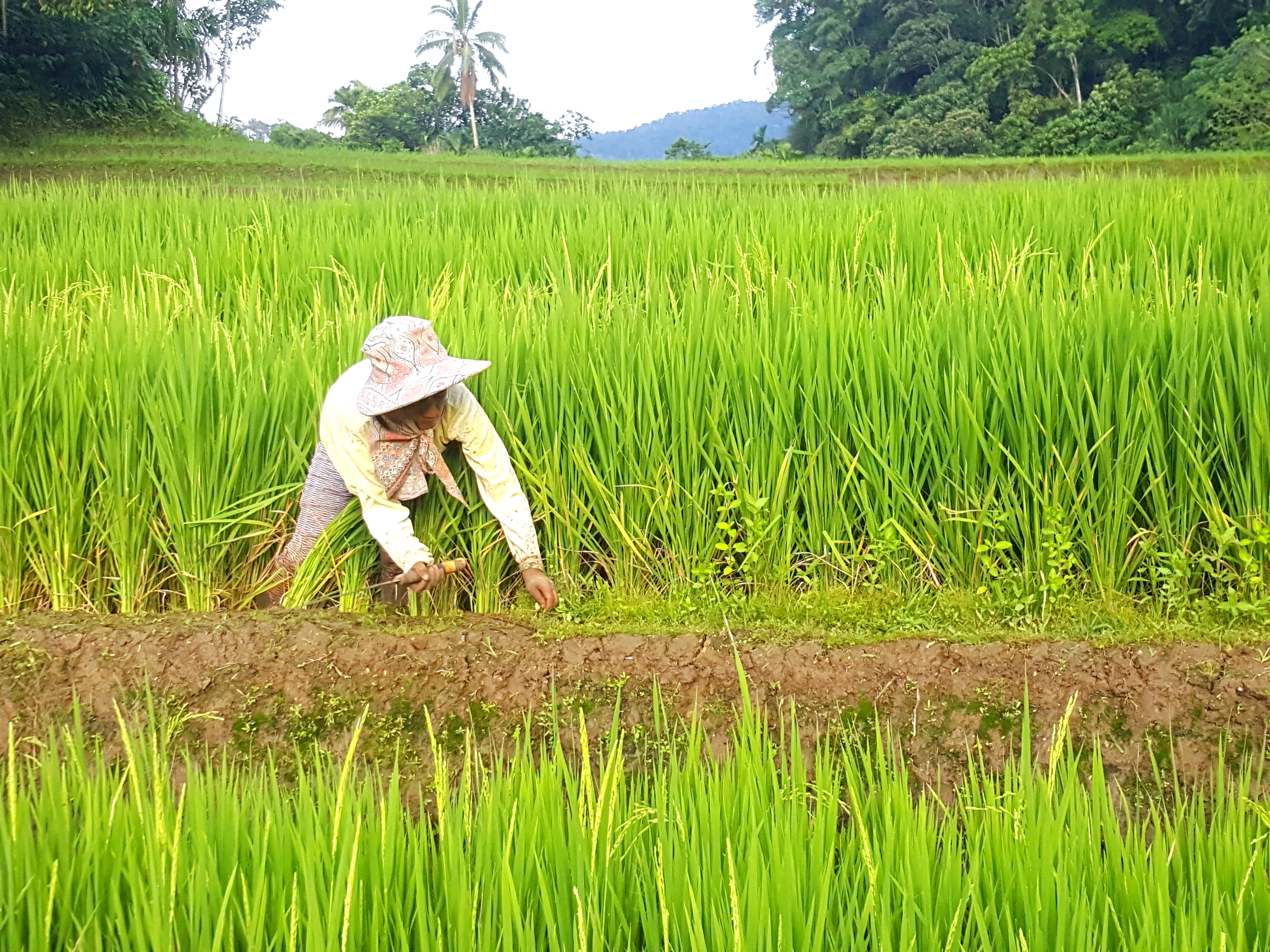
Cash-strapped palay farmers can now breathe a huge sigh of relief after the Department of Agriculture (DA), through the Agriculture Credit Policy Council (ACPC), released an initial Php180 million from the Php1 billion credit component of the Rice Competitiveness Enhancement Fund (RCEF).
Land Bank of the Philippines (LBP) Assistant Vice President Edgardo Luzano said the Php179.69 million loanable funds can now be accessed by eligible farmers from 59 provinces nationwide.
The amount is part of the Php 500 million credit component of the Php10 billion RCEF fund obligated to LBP.
Luzano encouraged palay farmers to take advantage of the subsidized loan, which they can use to increase their productivity through purchase of inputs, machineries, and other farm equipment.
To help ease the loan application process, Luzano said that LBP has set separate eligibility criteria for individual rice farmers and cooperative members.
For individual farmers, they should be enlisted in the Registry System of Basic Sectors in Agriculture (RSBSA) and have no outstanding balance from formal lending institutions and DA-ACPC credit conduits. Also, they should have undergone technical training on rice-related projects.
Further, they only have to fill out a one-page loan application form, and present one government-issued ID or barangay certification. For individual farmers who use machines and equipment provided by RCEF, they need to provide a copy of a business permit.
Meanwhile, rice farmers who are members of cooperatives can also avail of the loan facility provided that they are duly-registered with the Cooperative Development Authority (CDA), accredited by the DA, no adverse findings on the cooperative and its principals have strong back office support with defined Operational Structure, must be profitable and have financial capability conditions, must exhibit loan ratio below 25 percent, have certificate of compliance from CDA, and have undergone relevant technical training on rice-related projects.
Interested borrowers from cooperatives need to pass documentary requirements, including loan application for certificate of accreditation from DA, photocopy of certificate of registration from the CDA, biodata of incumbent officers and board of directors with ID, authorized board resolution, audited financial statement, business/farm plan, and updated business permit.
“The documentary requirements may seem tedious, but most are already and readily available in their cooperatives,” Luzano said, noting that the documents will only be required for first-time applicants.
“They will no longer be required to re-submit the same documents for additional or renewal of loans,” he added.
As of October 17, Luzano said that 80 percent of the total funds available to LBP has already been availed (Php 17.64 million) or being processed by lending centers (Php 124.66 million).
Besides the Php 500 million allocation from RCEF, the LBP also supports the DA in other lending operations such as Sikat Saka Program, Agricultural Competitiveness Enhancement Fund (ACEF), and Accessible Funds For Delivery to Agrarian Reform Beneficiaries or AFFORD-ARBs.
A total of 21,545 rice farmers benefitted from the different lending programs with a total credit value of Php1.6 billion.
LBP hopes to make its loans more accessible to farmers by bringing the lending programs down to municipality level and other unserved areas. ### (DA-Communications Group)













